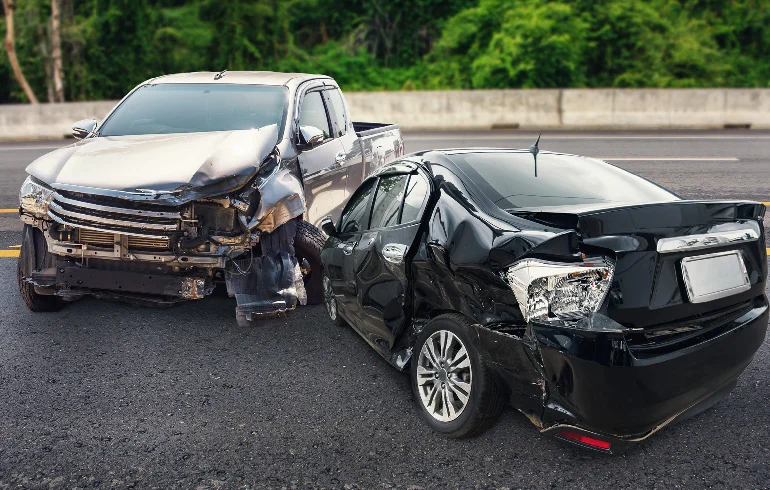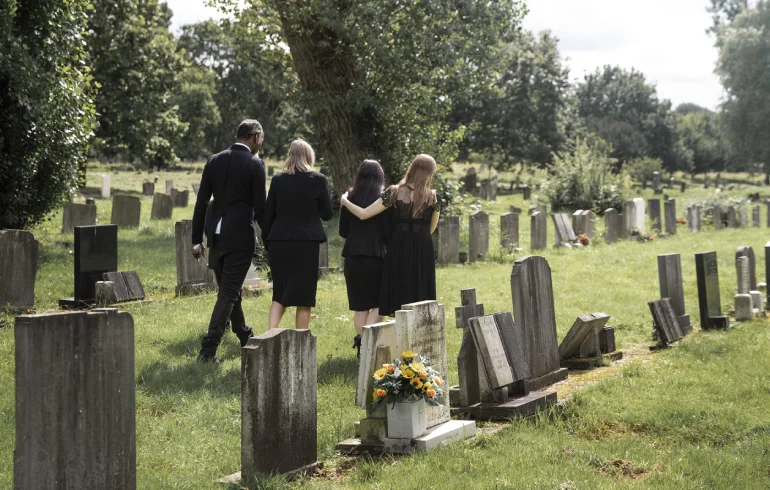Are You a Victim of A Crime Caused By The Inadequate Security Measures Of A Business? Seek Assistance from Jennifer Dunlap and Ray Lakes, Attorneys Based In Columbus, Georgia.
Negligent Security Cases in Georgia Are Very Substantial Cases And Often Result In Major Compensation For Victims Who Suffer Crimes on Business Premises.
If you or someone you know has fallen victim to a violent crime, such as assault, robbery, or a shooting, or sexual assault while on a commercial property, you can take action by enlisting the legal expertise of Georgia Negligent Security Attorneys Jennifer Dunlap and Ray Lakes in Georgia.





